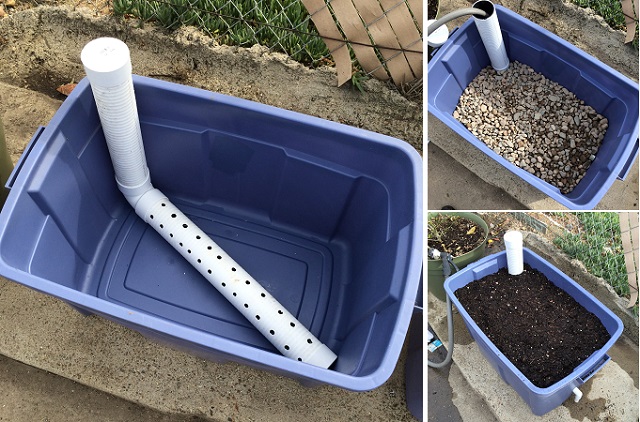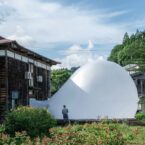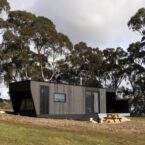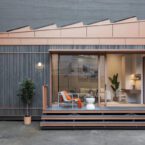Water is an essential element of gardening, as it having great quality soil is not enough. But if you live in a very dry area or simply want to save some water when gardening, wicking bed containers are the answer for your troubles. A wicking bed implies a water reservoir at the bottom of the garden bed so plants can pull water from there. You can create a wicking bed container at home and spare some water this way. In the following link you will find all the instructions on how to create an under-soil water reservoir that will transport water to your plants through a pipe. This will allow your plants to get the right amount of water they need in order to stay hydrated and healthy and you will also save a consistent amount of water. Apply the solution featured here with complete confidence!
source: HydroponicsIsCool




















Just in case people are not aware:
Diaper Gels!!! Gel Crystals . . .
DO NOT USE THEM. In 3 to 5 years they break down into neuro toxins!!!
http://puyallup.wsu.edu/~linda%20chalker-scott/horticultural%20myths_files/myths/hydrogels.pdf
THANKS FOR THE WARNING…DID NOT KNOW THIS…
Just curious – why do you have to get so fancy? Couldn’t you just use an old length of hose covered with gravel?
when making a wicking planter how do you no when the water level is down or when to water thank you
You could cut an opening about 2-3 inches from bottom or at top of gravel, when water level reaches the opening and overflows, you’ll know. Paid about $30 for prefab one, will make my own for far less next summer.
he has the hole, did you watch the video?
Watch the video. He says drill a drainage hole.
I would imagine that if you remove the cap from the tube into which the water is poured, you can tell it is time to refill if you can’t see or measure any standing water in the tubing. Perhaps you could make a dipstick to check on the level of water remaining in the tube.
Why don’t you cover the top soil with plastic (cutting slots to let the plants grow out of) to prevent evaporation from the soil? I have made similar subirrigation planters using the two bucket system with plastic covering the top and they work GREAT (look up “BUILD a Global Bucket (similar to Earthbox®)” on youtube if you want to take a look at it.
But btw, I like this system a LOT better!!!!!! I’m going to try it this summer. Thanks.
Thanks for the great idea. We have made four of these for along side the back of our house and boxed them in with textured cinder block. I will plant marigolds and my herbs in those. Can’t wait for a few more weeks to pass so it is safe to plant.
Wow. Thanks for the heads up. Won’t be doing that.
My husband has worked in the plastics industry and says drilling holes in PVC pipes allows leaching of chemicals into your food.
I WAS WATCHING HOW THIS MAN WAS MAKING PLANTERS. USEING PVC PIPEING. MY QUESTION IS. USEING PVC PIPE. IS THIS DANGEROUS. IF I WANTED TO GROW FRUITS OR VEGETABLES.